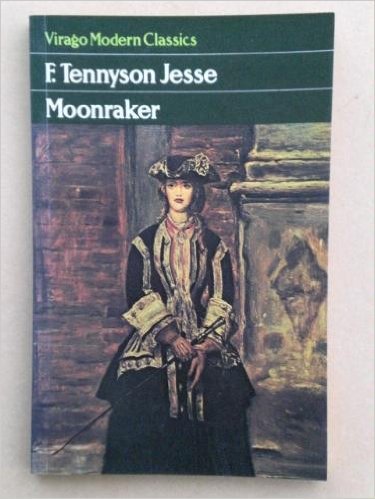Since January I’ve been writing theatre reviews for The Reviews Hub. A friend of mine from the Dr Johnson Reading Circle was already writing for them and got me in and I’ve had a lot of fun.
My biggest challenge has been the short turnaround period between seeing the performance and handing in the review. The deadline is midday the next day and as I get to work at 8:15, I don’t have time in the day to write it, meaning I have to write the reviews as soon as I get in. This hasn’t been a problem for short productions in easy to reach places but can be a struggle if I have to get back from a far-flung place in London or if the performance starts late, some have been as late as 9:45. Then I have to force myself to write decent copy at double-quick time before going to bed and getting up for work the next day. It’s been a taste of the real Grub Street writers, forcing themselves to their writing out of necessity but has probably been pretty good for me overall.
I’ve seen a whole range of things, surprisingly few plays. I’ve reviewed mime-cabaret featuring dancers with learning difficulties, a whole range of drag, a number of one man/woman/other shows and even a puppet show on a barge. Whatever the performance and whatever the venue, there’s always a thrill when the house lights go down. I often find myself grinning like a loon, not a professional critical expression at all.
Much of my short time as a critic has coincided with the VAULT festival, which has featured 800 shows in two months. From a practical viewpoint, I like these shows as they are never more than an hour long and the VAULT venues in Waterloo are an easy journey. They are underneath Waterloo Station and trains rumble through each performance, often adding to the atmosphere of them. I do hate the smell though. There’s something about sitting in the VAULT that feels unhealthy, with the thick miasma allowing one performance to include striking lighting effects normally needed by a smoke machine.
I’ve reviewed other productions in more standard theatres, the swankiest being Sadler’s Wells where I reviewed a ballet called Creature. It was a press night and I was invited to hob and nob with the other guests, where I got talking to a film-maker. I’ve rarely felt so out of place, dressed rather scruffily and with no knowledge of the ballet world, but I met some other out-of-place reviewers and we formed a temporary gang. The most magical place was the Puppet Theatre Barge, currently moored in little Venice. It’s a cramped, pokey place with retired puppets hanging from every cranny and raked seating pointing at a miniature stage.
So far, I’ve only given one middling review and a number of good to great ones. Perhaps I am too happy to be experiencing all the strangeness to be discerning but I genuinely feel it comes from being very lucky in the things I’ve seen. There’s also the interesting fact that the reviews are intended to be as objective as possible. While reviewing for this blog, my approach is all about my own personal reactions to the books, plays &c I encounter, relating them to past experiences and other texts. When writing for The Reviews Hub I have to attempt to write for a generalised theatre-goer. The test I make is, what did the performance appear to be trying to do, and how successful is it in fulfilling that. As a result, I gave one piece I went to see a very positive review despite not having enjoyed it that much because I realised my lack of enjoyment was more due to my own tiredness and the fact that I went on a night filled with the performer’s friends, which made it feel in-jokey. When I went over my feelings and notes as I got home, however, I realised the piece intended to be knock-about silly fun and succeeded at exactly that.
I hope to carry on writing for The Reviews Hub over the next year, despite that fact it’s slowed my reading down somewhat.
Here are links to my reviews:
Thick and Tight by Tits and Teeth
Sasha Ellen: Character Building Experience
With hopefully many more to come.









